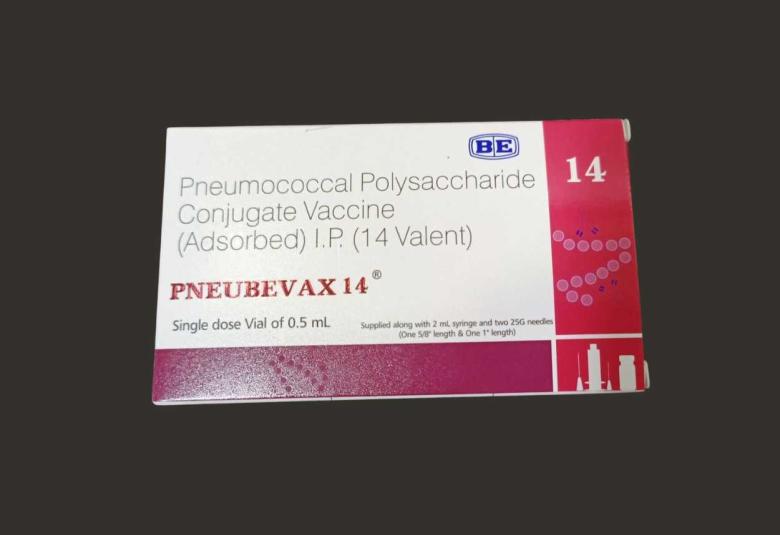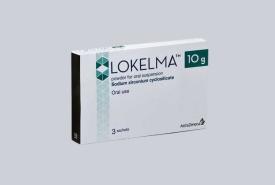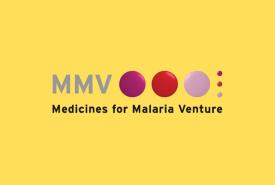BE’s New 14-Valent Pneumococcal Vaccine Secures WHO Pre-Qualification
Biological E. Limited (BE), one of India’s leading vaccine and pharmaceutical manufacturers, has announced a major milestone with the World Health Organisation (WHO) granting Pre-qualification (PQ) status to its 14-valent Pneumococcal Conjugate Vaccine, PNEUBEVAX 14 (BE-PCV-14). This achievement marks the company’s 11th vaccine to enter the WHO PQ portfolio, strengthening its presence among global immunisation suppliers.


















